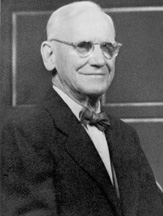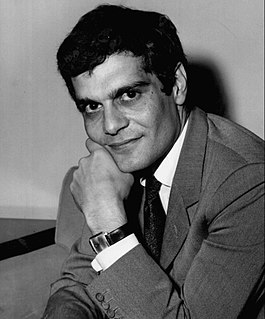A Quote by Wilhelm von Humboldt
I lay very little stress either upon asking or giving advice. Generally speaking, they who ask advice know what they wish to do, and remain firm to their intentions. A man may allow himself to be enlightened on various points, even upon matters of expediency and duty; but, after all, he must determine his course of action, for himself.
Related Quotes
Giving free advice is a sad waste of effort. In the first place, no man will act upon it unless he is already inclined to do so. Secondly, when a man lays his case before you, the idea that he is asking your advice is a polite fabrication. He merely is suggesting that he is doing so, while as a fact his real object is to acquaint you with his personal activity. He wants to talk to somebody, being a natural gossip or gadder, and he plays upon your propensity for "giving advice" in order to get an audience.
Athos liked every one to exercise his own free-will. He never gave his advice before it was demanded and even then it must be demanded twice. "In general, people only ask for advice," he said "that they may not follow it or if they should follow it that they may have somebody to blame for having given it".
It is not a man's duty, as a matter of course, to devote himself to the eradication of any, even the most enormous wrong; he may still properly have other concerns to engage him; but it is his duty, at least, to wash his hands of it, and, if he gives it no thought longer, not to give it practically his support. If I devote myself to other pursuits and contemplations, I must first see, at least, that I do not pursue them sitting upon another man's shoulders.
Good work is no done by "humble" men. It is one of the first duties of a professor, for example, in any subject, to exaggerate a little both the importance of his subject and his own importance in it. A man who is always asking "Is what I do worth while?" and "Am I the right person to do it?" will always be ineffective himself and a discouragement to others. He must shut his eyes a little and think a little more of his subject and himself than they deserve. This is not too difficult: it is harder not to make his subject and himself ridiculous by shutting his eyes too tightly.
Of course my moods change, but the average is serenity. I have a firm faith in art, a firm confidence in its being a powerful stream which carries a man to a harbor, though he himself must do his bit too; at all events, I think it such a great blessing when a man has found his work that I cannot count myself among the unfortunate. I mean, I may be in certain relatively great difficulties, and there may be gloomy days in my life, but I shouldn't like to be counted among the unfortunate, nor would it be correct if I were.







































